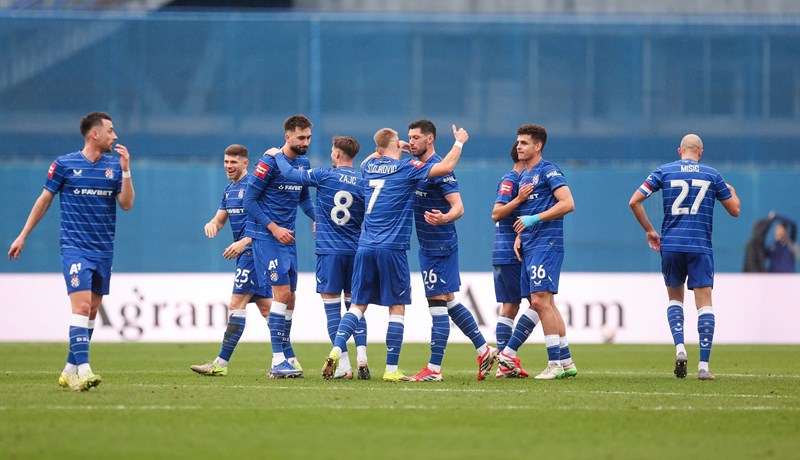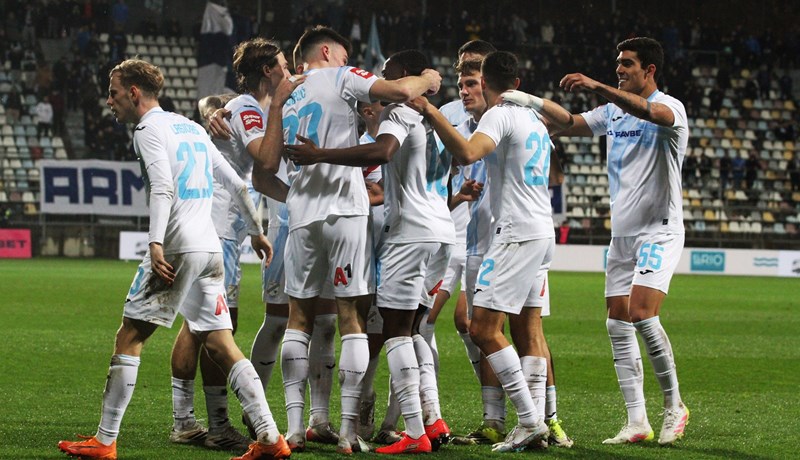http://www.thenational.ae/sport/football/asian-champions-league-nomadic-kranjcar-has-laid-down-roots-in-iran-with-sepahan
Asian Champions League: Nomadic Kranjcar has laid down roots in Iran with Sepahan
Jonathan Wilson
March 18, 2014 Updated: March 18, 2014 21:07:00
It was the morning after Montenegro had beaten Switzerland 1-0 in a qualifier for Euro 2012. The following week, they were heading to London to play England.
A few days before the game, a group of journalists were sharing stories over coffee at a hotel cafe one morning when the national coach Zlatko Kranjcar, rumpled in his red tracksuit, shambled out and joined us. He ordered a stronger drink.
Kranjcar has been accused of overindulging – most notably in his final weeks in the Montenegro job – and it is fair to say that he looks older than his 57 years, which may be a result of his lifestyle.
In context, though, his manner simply suggested how relaxed he was. Kranjcar is one of those old-fashioned football men who will talk to anybody about the game at any time.
He was not worried about letting a story slip to the press and he had no fear that he would be misrepresented. He just saw three journalists and decided he wanted a chat about football. His basic philosophy is simple: encourage the players to care while removing as far as possible the fear of failure.
“Mistakes happen,” he said.
“You have to accept them, provided, of course, each player fights to his utmost. Then, with full freedom, we avoid the fear that can tie your feet. If you are physically strong, aggressive and disciplined, you can go a long way.”
He was engaging and amiable, endlessly inquisitive and happy to share his own opinions and insights.
That does not mean anything about his quality as a manager, but it says a lot about his values.
He is a link to the past, to a gentler, seemingly more-decorous world of football. It is not as though Kranjcar does not know how ruthless or hard the modern game can be, and not as though he cannot be tough himself.
He was sacked by Montenegro when qualification for Euro 2012 was a real possibility, seemingly having fallen out with the president of the Montenegrin Football Federation, Dejan Savicevic.
His contract was not renewed by Croatia after a poor showing at the 2006 World Cup, when he was accused of Neanderthal tactics and of having picked Niko Kranjcar in the playmaking role only because he was his son.
Ultimately, though, the game is what he knows, and he surrounds himself with others who know the game and want to talk about it.
Kranjcar was 10 when he joined his hometown club team Dinamo Zagreb.
He developed into a reliable and intelligent forward who scored 98 goals in 261 league games before leaving for Austria with Rapid Vienna, where he scored 106 times in 201 league games.
His coaching career, though, has been far less stable. Since his first job, with Klagenfurt in 1991, he has managed 17 clubs – two of them twice – as well as Croatia and Montenegro, winning three league titles. He coached Sharjah’s Al Shaab in 2007.
He seemed at last to have found a home in Isfahan. He had been out a job for only six weeks when he was approached by the Iranian champions Sepahan in October 2011.
He helped them retain their title in 2012 and the following season, they won the Hafzi Cup while finishing third in the league, three points behind the champions Esteghal.
Despite interest from a number of clubs, he opted to extend his contract in May last year.
This season has been more of a struggle, with Sepahan drawing too many games, but they still lie fifth in the Iranian league, four points behind the leaders, Foolad, with three games remaining.
Kranjcar’s comments this week that he would like to become Iran coach seem to have been sensationalised.
However, the fact he would express his willingness to take another national job, given how many national teams change coaches after major tournaments, did suggest that one of football’s great wanderers is considering moving on again.



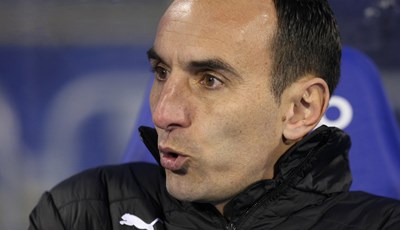
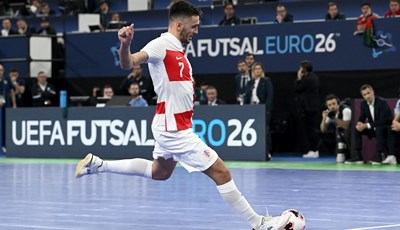
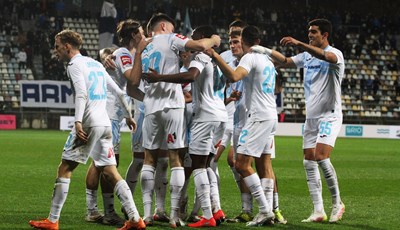
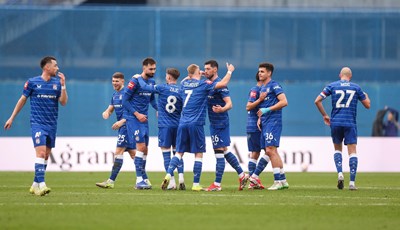
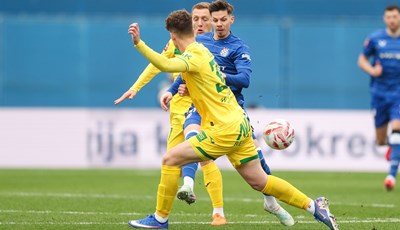
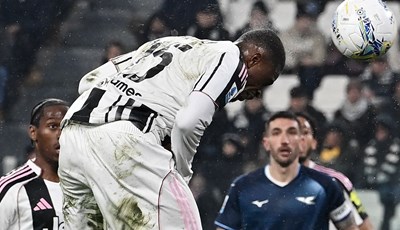
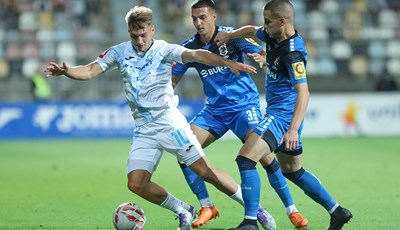
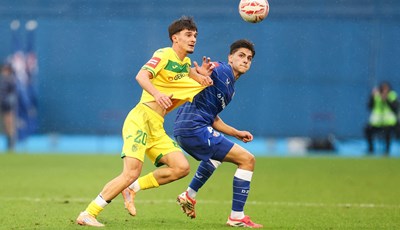
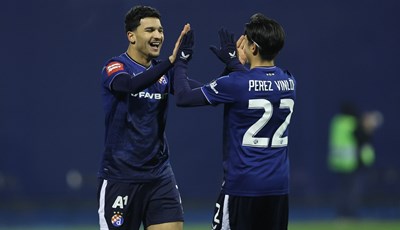


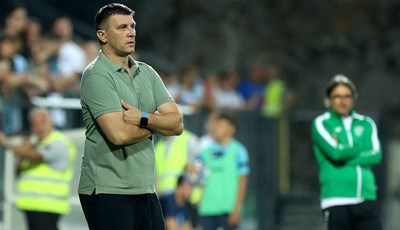


 ako ništa, minimalno 2 miseca će uživat tamo.
ako ništa, minimalno 2 miseca će uživat tamo.


